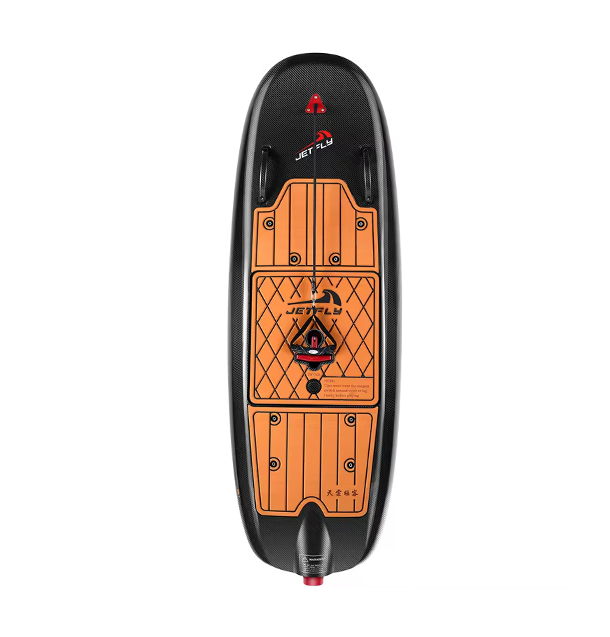Comparing Electric Surfboards vs. Traditional Surfboards: Pros and Cons in 2024
Jul 24,2024 | JetFly
In the world of surfing, the debate between electric surfboards and traditional surfboards continues to evolve with technology and innovation. As we step into 2024, let's take a closer look at the pros and cons of each type to help you decide which one suits your needs best.

Electric Surfboards: The Future of Surfing?
Electric surfboards have gained significant popularity in recent years, thanks to their innovative design and advanced technology. These boards are powered by electric motors, allowing riders to glide effortlessly through the water without relying solely on wave power.
Pros:
- Ease of Use: Electric surfboards are much easier to ride for beginners, as they provide consistent power and stability.
- Accessibility: They can be ridden in calm waters, making them accessible to those who live far from the ocean or in areas with limited wave conditions.
- Speed and Maneuverability: Electric surfboards offer greater speed and maneuverability compared to traditional boards, giving riders more control over their movements.
Cons:
- Cost: Electric surfboards tend to be more expensive than traditional ones, often due to the advanced technology and battery life required.
- Battery Life: While electric boards can last for several hours on a single charge, the battery life may vary depending on usage and conditions.
- Maintenance: Electric surfboards require regular maintenance, including battery charging and motor checks, to ensure optimal performance.
Traditional Surfboards: The Classic Choice
Traditional surfboards have been a staple in the surfing community for decades, and their popularity shows no signs of waning. These boards rely solely on wave power to propel riders through the water.
Pros:
- Affordability: Traditional surfboards are generally more affordable than electric ones, making them a popular choice among budget-conscious riders.
- Versatility: They can be ridden in a wide range of wave conditions, from small rollers to massive waves.
- Experience: Many surfers prefer the authentic surfing experience that traditional boards provide, as they rely solely on rider skill and wave power.
Cons:
- Skill Requirement: Riding a traditional surfboard requires a certain level of skill and experience, making it more challenging for beginners.
- Accessibility: Traditional surfboards are best suited for areas with consistent wave conditions, limiting their accessibility for some riders.
- Speed and Maneuverability: While experienced riders can achieve high speeds and complex maneuvers on traditional boards, they may lack the instant power and control offered by electric surfboards.
Conclusion
As we compare premium electric surfboards and traditional surfboards in 2024, it's clear that both have their unique advantages and disadvantages. Electric surfboards offer ease of use, accessibility, and advanced technology, while traditional surfboards provide affordability, versatility, and an authentic surfing experience. Ultimately, the choice between the two depends on your personal preferences, skill level, and budget. Whether you're a seasoned surfer or just starting out, there's a surfboard type that's perfect for you.

